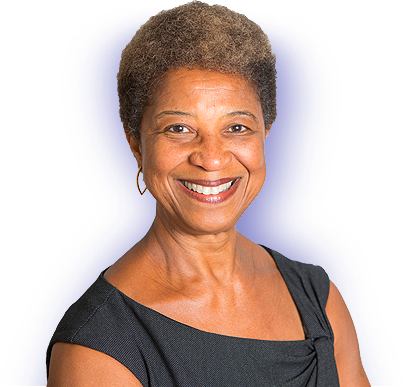DEI (Diversity, Equity, and Inclusion) has become quite a buzzword in the world and for good reason. It’s not only great for society but it’s great for business. Unfortunately, most companies that have increased diversity and inclusion efforts within their organizations aren’t seeing the “cultural” changes they had hoped for. Most well-intentioned executives overlook a critical aspect of the DEI movement. Being diversity sensitive is not enough. Companies must also be culturally competent.
For example, In 2015, Salesforce’s CEO, Marc Benioff was hailed as a trailblazer in social change when he took action to close the pay equity gap between men and women at his company. Initially, it was $3 million dollars. Later, it increased to $8.7 million to also address the differences in pay based on race, and ethnicity. Shortly thereafter, in 2016, Benioff was again touted as a leader in social change after hiring Tony Prophet, as his chief equality and recruiting officer to ensure a diversified workforce.
With these bold efforts, greatness was expected from Salesforce but in November 2020, the Salesforce Executives were met with scrutiny in a Business Insider article for not showing progress. In four years, the company’s diversity numbers had barely budged.
Why? Salesforce was attacking DEI using only a diversity-sensitive approach. Diversity is the practice or quality of including people from a range of different social and ethnic backgrounds, different genders, sexual orientations, socioeconomic statuses, ages, physical abilities, religious beliefs, political beliefs, other ideologies, etc.
A diversity-sensitive approach focuses on the accouterments of diversity, i.e. conducting diversity training, hiring persons that look diverse, and repairing inequities in pay or opportunity. Being diversity sensitive makes very important changes out there but for real transformation to occur in culture, diversity-sensitive actions must be paired with cultural competency…a change to one’s internal unconscious bias.
Being culturally competent is having the ability to use diversity (our differences) as a tool, to reveal in the present moment, how our intentions; beliefs; attitudes, and behaviors are impacting the culture of our relationships. This awareness creates a choice about how to be in our relationships in ways that can lead to a culture of mutual respect.
Let’s revisit Marc Benioff, Salesforce’s CEO to illustrate this point.
In an excerpt, How Salesforce Closed the Pay Gap Between Men and Women, from his recently-released book, Marc Benioff, Trailblazer, Marc shared the following story.
“We were celebrating Salesforce’s 18th birthday, so my wife, Lynne, came along. There were four speakers, all Salesforce executives. The first three were men, and when I called each one individually to the stage, I shook their hands and thanked them. When the fourth speaker, a woman, came to deliver her remarks, however, I gave her a quick hug.
After the presentation, Lynne pulled me aside. “You didn’t hug the men, so why hug the woman?” she said. “That diminished her; they are all professionals.”
“She was right, of course. I had treated my female executive differently, and until that moment I had zero awareness of it. I was learning that unconscious bias shows up in all kinds of ways, especially in industries like tech that have historically been largely male-dominated.”
That was a culturally competent moment for Mr.Benioff, pointed out by his wife, using sexual, gender, and behavioral differences as a tool. To grow and maintain cultural competence, people must always be willing to examine, question, and shift any unconscious bias that doesn’t fit with their commitment to DEI.
Sooner or later, a leader’s commitment to DEI will be questioned, just like at Salesforce. If the numbers don’t change, an assumption is made that the organization has not changed. At that point leaders will either cross the threshold of DEI and enter into the world of cultural competence or have their integrity to the DEI commitment undermined.
Success in the DEI endeavor will depend on 5 things
1. The agreed-upon definitions of both diversity and cultural competence within the organization.
2. The view and employment of those definitions.
3. Whether or not the organization’s plans are a “knee-jerk” reaction to appease the critics or a real business strategy with a long-term approach to transforming their culture.
4. Outcomes must be clearly defined upfront and beyond the traditional diversity metrics.
5. Accountability for those outcomes must reside with each employee and the leaders.
Time and time again, DEI efforts that do not include both diversity sensitivity and cultural competency, lead to disappointment. Companies drift back into the malaise and comfort of having “given it their best” and slowly drop off the Forbes 50 best workplaces for Diversity, wondering where it all went wrong.
If leaders and individual contributors of companies remain unconscious or are unwilling to question their unconscious biases, transformation can not occur. Leaders must change the infrastructures (policies, and practices) that inadvertently exclude others who are different. If they don’t, the level of camaraderie experienced among employees, the effectiveness of leaders, and other factors that inspire loyalty in an employer will be compromised and the culture will suffer.
The world is changing and people want to Win at Work. If a company wants to survive, it’s either DEI or DIE. The Russell Consulting Group is here to help you thrive.





